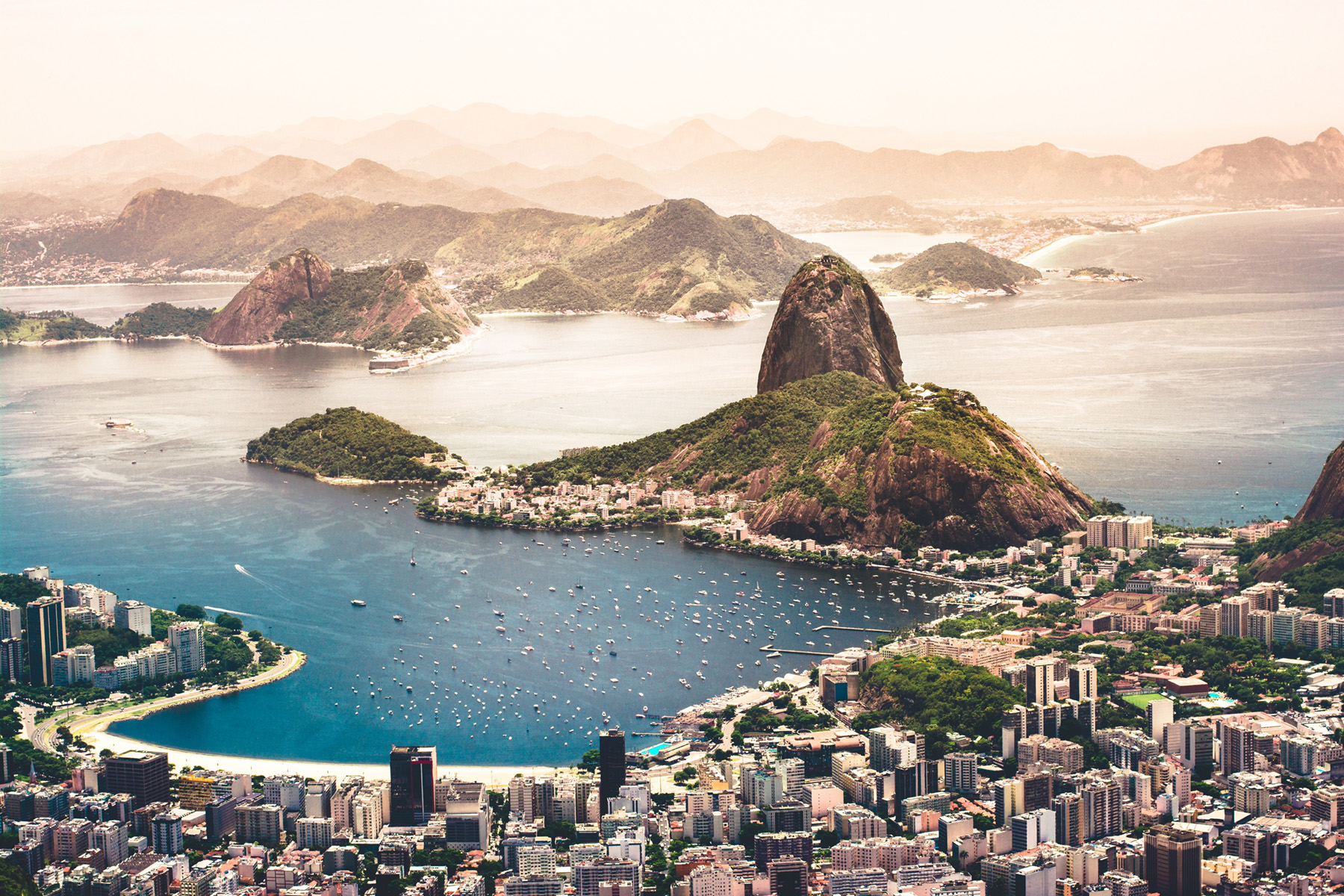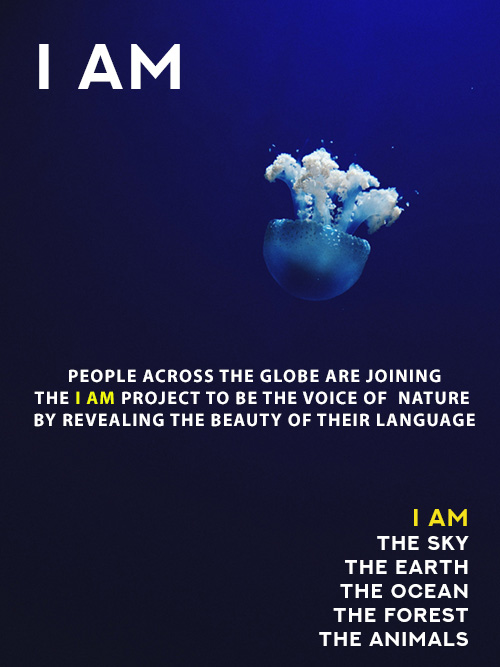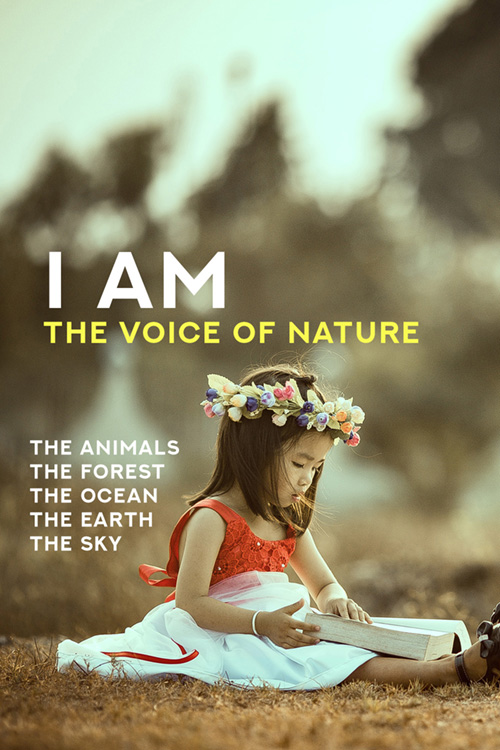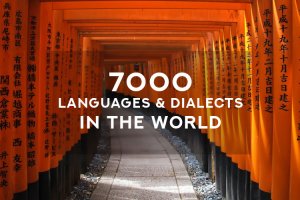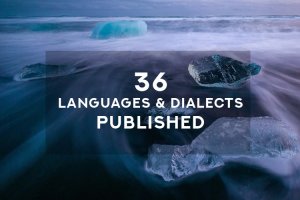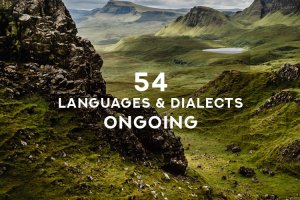Brazilian Portuguese or also português sul americano is the set of dialects of the Portuguese language native to Brazil and the most influential form of Portuguese worldwide. It is spoken by almost all of the 200 million inhabitants of Brazil and spoken widely across the Brazilian diaspora, today consisting of about two million Brazilians who have emigrated to other countries. With a population of over 210 million, Brazil is by far the world’s largest Portuguese-speaking nation and the only one in the Americas.
Brazilian Portuguese differs, particularly in phonology and prosody, from dialects spoken in Portugal and Portuguese-speaking African countries. In these latter countries, the language tends to have a closer connection to contemporary European Portuguese, partly because Portuguese colonial rule ended much more recently there than in Brazil. Despite this difference between the spoken varieties, Brazilian and European Portuguese differ little in formal writing (in many ways analogous to the differences encountered between American and British English) and remain mutually intelligible.
In 1990, the Community of Portuguese Language Countries (CPLP), which included representatives from all countries with Portuguese as the official language, reached an agreement on the reform of the Portuguese orthography to unify the two standards then in use by Brazil on one side and the remaining Portuguese-speaking countries on the other. This spelling reform went into effect in Brazil on 1 January 2009. In Portugal, the reform was signed into law by the President on 21 July 2008 allowing for a 6-year adaptation period, during which both orthographies co-existed. All of the CPLP countries have signed the reform. In Brazil, this reform has been in force since January 2016. Portugal and other Portuguese-speaking countries have since begun using the new orthography.
Regional varieties of Brazilian Portuguese, while remaining mutually intelligible, may diverge from each other in matters such as vowel pronunciation and speech intonation.
Source : Wikipedia


